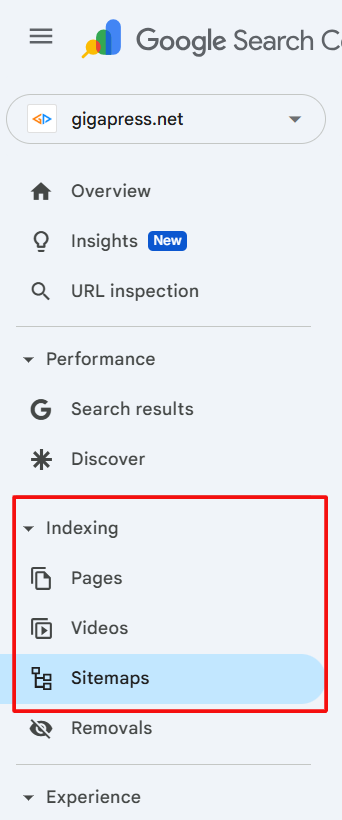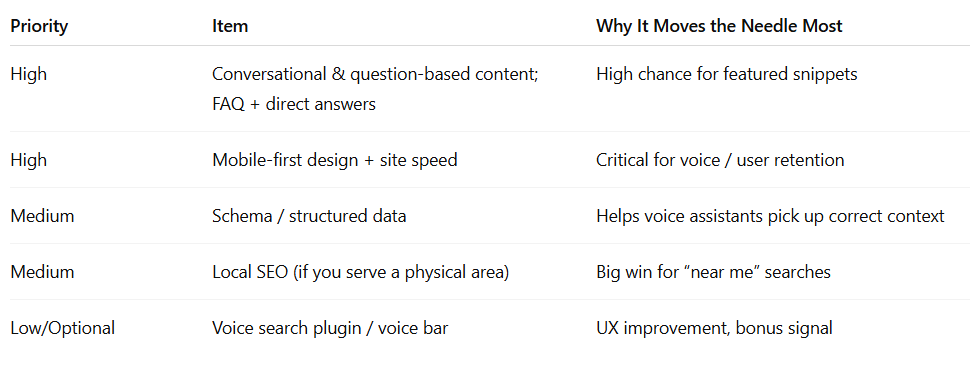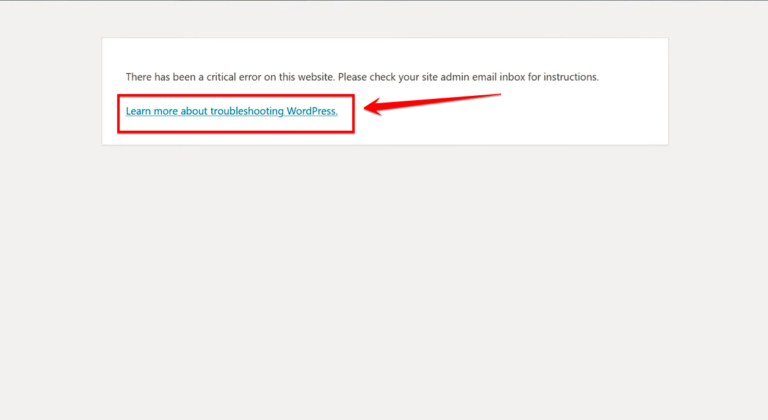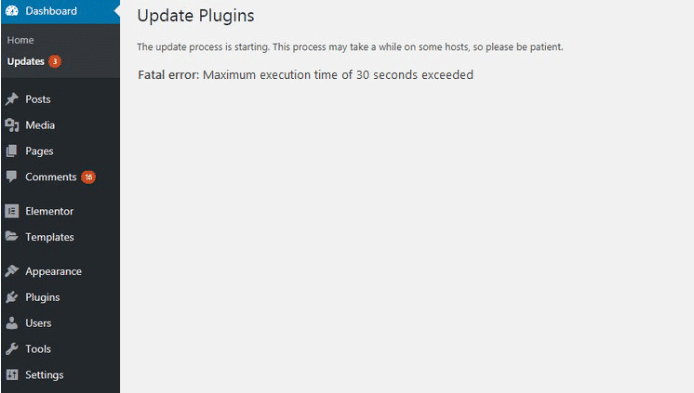More users than ever are speaking their searches aloud — to Siri, Alexa, Google Assistant, and other smart devices. If your site isn’t optimized for this shift, you’re likely missing valuable opportunities. That’s where voice assistant WordPress optimization comes in. To compete in this growing space, your content needs to answer spoken questions clearly, quickly, and in a format voice assistants can easily understand.
This readiness checklist will walk you through the essential steps to prepare your WordPress site for voice search. Whether you’re just getting started or need to fine-tune existing content, you’ll learn exactly what to check, update, or improve — so your site stands a better chance of being the answer users hear first.
Why You Need to Care: Voice Assistant WordPress Trends
Before diving in, here’s why optimizing for voice assistant WordPress matters:
- More and more people use voice search daily, asking their phones or smart speakers.
- Voice queries are different: conversational, question‑based, often local.
- Voice assistants often pull from featured snippets, FAQ schema, structured data — content that clearly answers common queries.
- If your WordPress site is slow, confusing, insecure, or not mobile‑friendly, voice assistants may skip it.
With that in mind, let’s walk through a checklist to see where you stand.
Readiness Checklist: Is Your WordPress Site Voice Assistant Ready?
Use this checklist. For each item, mark Yes, No, or Needs Improvement. Then plan to fix the “No” or “Needs Improvement” areas.
1. Do You Use Conversational, Question‑Based & Long‑Tail Keywords?
- Are you targeting phrases people say, not just type? For example: “What’s the best SEO pluginA plugin is a software component that adds specific features and functionality to your WordPress website. Esse… More for WordPress in 2025?” instead of “WordPress SEO plugin.”
- Do you research voice‑style queries using tools like AnswerThePublic, Google’s People Also Ask, Ubersuggest etc.?
- Do your headings/subheadings include Who, What, How, When, and Why questions?
Why it matters: Voice searches tend to use full phrases and natural language. WordPress content that mirrors that voice search language stands a much better chance of being picked up.
2. Is Your Content Structured to Answer Questions Directly (Snippet Friendly)?
- Do you provide concise answers (30‑60 words) to question headings?
- Are there FAQ sections on relevant pagesIn WordPress, a page is a content type that is used to create non-dynamic pages on a website. Pages are typica… More?
- Do you use bullet points, numbered lists, and clear H2 / H3 question headings?
- Are there short summaries or quick‑answer boxes?
Why it matters: Voice assistants often read featured snippets or the first quick answer that matches the question. If your WordPress content can provide that, you improve your odds.
3. Have You Implemented Schema Markup & Structured Data?
- Do you use FAQ schema, HowTo schema, LocalBusiness schema, or relevant structured data where applicable?
- Are you using a plugin (Yoast SEO, Rank Math, Schema Pro, etc.) to simplify schema implementation?

- Have you tested your structured data via Google Rich Results Test or Schema Validator to ensure it works correctly?
Why it matters: Schema helps search engines and voice assistants understand what your content is about — which lets them pull the best answers.
4. Is Your WordPress Site Mobile‑Friendly and Fast?

- Is your themeA WordPress theme is a set of files that determine the design and layout of a website. It controls everything … More responsive? (Adapts well on mobile, tablet, phone.)
- Are pageIn WordPress, a page is a content type that is used to create non-dynamic pages on a website. Pages are typica… More load times fast (especially on mobile)?
- Do you use caching, image compression, lazy loading, a lightweight theme, minimal scripts?
- Have you checked Core Web Vitals like LCP, CLS, FID?
Why it matters: Voice searches happen mostly on mobile devices. If your site loads slowly or isn’t mobile‑friendly, voice assistants are less likely to favor it.
5. Are You Optimizing for Local Voice Search?
- Is your business information (Name, Address, Phone — “NAP”) consistent across your site, Google My Business, directories?
- Do you have LocalBusiness schema?
- Do you include “near me,” city, region, or local terms in your content / metadata?
- Is your Google Business Profile fully optimized (hours, reviews, photos)?
Why it matters: Many voice searches are “find nearest”, “what’s open now”, “best X near me.” If you don’t optimize for local intent, you lose out.
6. Is Your Content Accessible, Readable, and Conversational?
- Is your writing clear, simple, conversational — as if you’re talking to a user via voice assistant?
- Are you avoiding overly technical or complex sentences? Is reading grade around 6‑9?
- Do you use short paragraphs, bullet lists, question headings?
- Are alt texts, aria labels, accessible markup in place?
Why it matters: Voice assistants and screen readers rely on content that is easy to parse. Also, better readability means better user engagement (lower bounce) which helps SEO.
7. Does Your Site Use HTTPS and Have Strong Security?
- Is SSL / TLS installed so your site is served over HTTPS?
- Are you using security plugins or best practices to protect from common vulnerabilities?
- Is your site reliable (minimal downtime)?
Why it matters: Secure, trusted sites are preferred. Voice assistants (and search engines) are less likely to surface insecure sites. HTTPS also impacts ranking signals.
8. Is Your Site Properly Crawlable, Indexed, and Organized?

- Do you have a current, accurate sitemap submitted to Google Search Console and Bing Webmaster Tools?
- Are your pages being indexed? Any “noindex” where you didn’t intend?
- Is internal linking logical and helping users + bots find content easily?
- Do you have clean URL structures, descriptive permalinksIn WordPress, a permalink is a permanent URL that points to a specific post or page on a website. It is the we… More?
Why it matters: If voice assistants or search engines can’t crawl or index your content well, your answers won’t show up. Organization helps both bots and users.
9. Have You Added Voice Search Functionality or Plugins (Optional but Helpful)?
- Do you provide a voice‑search bar on your site so users can speak a query (for example using a plugin)?
- Are you using plugins that help with voice‑search oriented features (voice‑friendly search, accessibility)?
Why it matters: While this doesn’t strictly affect how voice assistants find your site, offering voice interaction on your own site boosts usability, engagement, and can help signal you understand voice search user behavior.
10. Do You Monitor and Measure Voice Search Performance?

- Are you analyzing Google Search Console data for question‑based queries, long‑tail conversational keywords?
- Do you track which pages get featured snippets, “People Also Ask” results?
- Are you testing voice queries using Siri, Alexa, Google Assistant to see what result comes up?
- Do you periodically update old content with voice‑friendly answers / schema / conversational tone?

Why it matters: Voice search optimization is not “set and forget.” Trends change, assistants change how they surface answers. Monitoring helps you iterate.
Common Mistakes to Avoid
- Using keywords that sound robotic or keyword stuffed instead of conversational.
- Writing long, dense paragraphs without clear answers to expected voice queries.
- Neglecting mobile or ignoring site speed.
- Forgetting LocalBusiness info or inconsistent NAP.
- Overlooking schema markup or leaving it broken / incomplete.
- Not keeping content fresh — voice assistant pulled content may become outdated.
Quickness Ratings: Where to Start
Here are some quick priorities. If you’re doing all of them, great. If not, these help with biggest impact first.

Conclusion & What You Should Do Next
If you walked through this checklist and found several “No” or “Needs Improvement” marks, don’t stress — some fixes are quick, some take time. Here’s a suggested action plan:
- Pick top 2‑3 issues that are easiest to fix (e.g. add FAQ on main pages; improve mobile performance).
- Use voice assistant tools yourself: ask Siri, Alexa, Google Assistant some of your own key questions. See who is answering, and what they’re pulling.
- Update old postsA post is a type of content in WordPress, a popular open-source content management system used for creating an… More with conversational headings, schema, and quick answer boxes.
- Consistently test site speed, mobile layout, and security.
- Monitor with Search Console and analytics: see which pages begin to get voice traffic or featured snippet impressions.
Voice assistants are the future of how many users search. If your WordPress site passes most of this readiness checklist, you’re in good shape. If not, use this as your roadmap. Start making those changes now — every optimization you make improves your chance that Siri, Alexa, or Google Assistant will “choose” your answer next time someone asks.
🚀 Ready to make your voice assistant WordPress strategy even more powerful?
If you’re looking for fast WordPress hosting and done-for-you updates to keep your site optimized for voice search, speed, and SEO — we’ve got you covered.
👉 Check out our hosting packages by clicking the button below:



![How to Use WordPress Dashicons [A Visual Guide]](https://codingheros.com/wp-content/uploads/2024/07/how-to-use-wordpress-dashicons-a-visual-guide-768x414.png)

